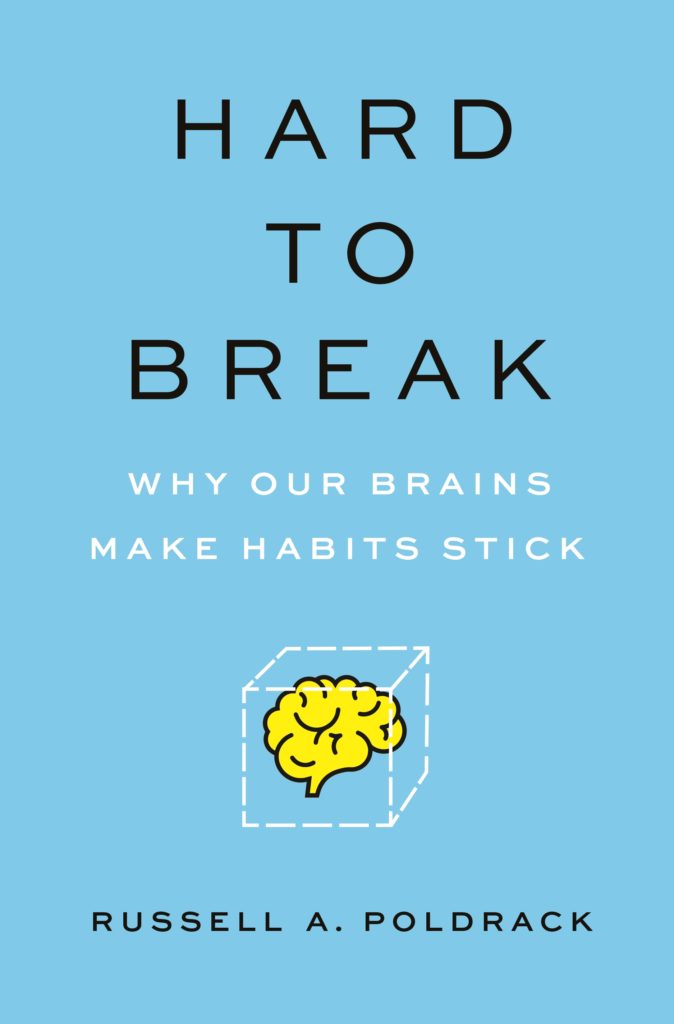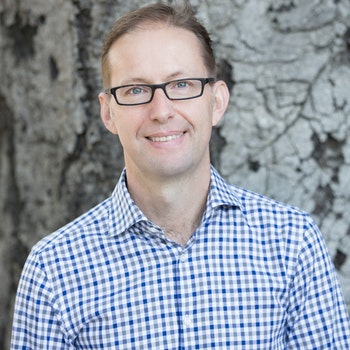Why are bad habits so hard to break—and how can evidence-based strategies help us change our behaviour more effectively?
We all have habits we’d like to break, but for many of us it can be nearly impossible to do so. There is a good reason for this: the brain is a habit-building machine. In this livestream talk, leading neuroscientist Russell Poldrack will provide an authoritative account of the science of how habits are built in the brain, why they are so hard to break, and how evidence-based strategies may help us change unwanted behaviours.
He will offer a clear-eyed tour of what neuroscience tells us about habit change and debunks “easy fixes” that aren’t backed by science. It explains how dopamine is essential for building habits and how the battle between habits and intentional goal-directed behaviours reflects a competition between different brain systems.
Moving beyond the hype to offer a deeper understanding of the biology of habits in the brain, this talk will reveal how we might be able to make the changes we desire—and why we should have greater empathy with ourselves and others who struggle to do so.
“Russell Poldrack is the rare scientist who can push the frontier of knowledge forward and also reach back, offer his hand, and help the rest of us catch up.” – Angela Duckworth, author of Grit







